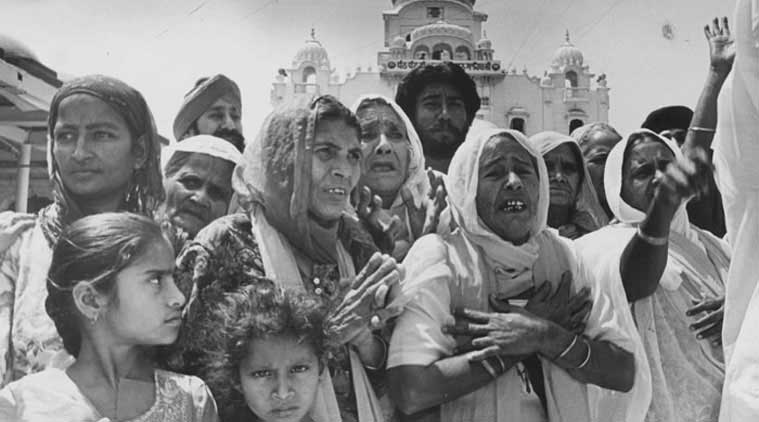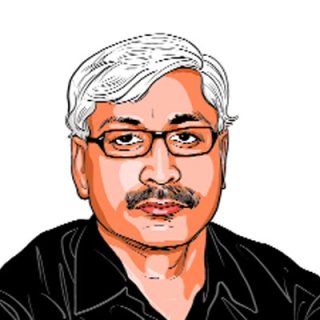The cycle of impunity
The court’s lament about the recurrence of mass violence and the absence of laws against it in the 1984 judgment needs to be heard.

The Sajjan Kumar judgment should be a learning moment. It tells us that mass crimes like 1984 are not spontaneous, nor are they committed in the spur of the moment, in a rush of passions blinding people and turning them into mobs. There is a mind, individual or collective, that plans, organises and gets the crime executed. This planner is sure of a ring of eternal impunity and assures the same impunity to those who perpetrate the crime.
This aspect of the judgment is being ignored. While the moment of justice is lauded, the lament of the court is not being heard. The judgment rued the fact that India does not have laws to deal with “crimes against humanity” and “genocide”. Even before this judgment, the Delhi High Court, while convicting 89 persons for the killing and mayhem in Trilokpuri, had used the term genocide for the 1984 killings.
Hailing the judgment, Union Finance Minister Arun Jaitley described 1984 as “the worst kind of genocide”. When he calls it the worst, he must have in mind genocides less worse, though he does not talk about them. The court, however, is uninhibited. The judgment reads: “The riots in early November 1984 — in which in Delhi alone 2,733 Sikhs and nearly 3,350 all over the country were brutally murdered [official figures], was neither the first instance of a mass crime nor, tragically, the last […] there has been a familiar pattern of mass killings in Mumbai in 1993, in Gujarat in 2002, in Kandhamal, Odisha in 2008, in Muzaffarnagar in UP in 2013 to name a few. Common to these mass crimes were the targeting of minorities and the attacks spearheaded by the dominant political actors being facilitated by the law enforcement agencies.” Nellie, Bhagalpur etc. can be added to this list.
The court has used the term, genocide, carefully, unlike the minister— there cannot be any hierarchies while comparing genocides. According to the UN convention, genocide means any of the following acts committed with intent to destroy, in whole or in part, a national, ethnic, racial or religious group: Killing members of the group; causing serious bodily or mental harm to members of the group; deliberately inflicting on the group conditions of life calculated to bring about its physical destruction in whole or in part; imposing measures intended to prevent births within the group; and, forcibly transferring children of the group to another group.







































No hay comentarios:
Publicar un comentario